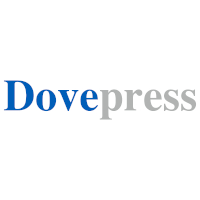EHR Implementation Enhances Financial Performance in High Medicaid Nursing Homes

The nursing home industry is an important component of the United States (U.S.) healthcare system. According to the National Center for Health Statistics, there are approximately 15,600 nursing homes in the U.S., with 1.7 million licensed beds, and 1.3 million residents. In the past few decades, for-profit corporate chains have emerged as the dominant ownership form in the nursing home industry. For-profit chains operate 66% of nursing homes, with the largest ten chains owning over 10% of all beds.Nursing homes serve vulnerable individuals who are often physically and cognitively challenged, acting as a safety net for older adults and people with disabilities. The nursing home industry operates in a highly competitive and resource-constrained environment.Medicaid is the largest purchaser of nursing home services.However, a recent government report has estimated that the median Medicaid base payment rate was 86% of reported facility costs. Furthermore, nursing homes that serve a high proportion of Medicaid-covered residents tend to receive lower reimbursement rates.
Make faster decisions with community advice
- AI Gets Better At Writing Patient Histories When Physicians Engineer The Prompts
- New Study Evaluates Virtual Reality to Reduce Scanxiety in Brain Tumor Patients
- Revolutionizing Healthcare: Harnessing the Power of IoT Solutions for Improved Patient Outcomes
- Carrum Health Raises $45 Million Series B to Expand Cancer Care Offerings and Launch New Service Lines
- Ethical Guardrails Are Essential To Making Generative AI Work For Healthcare
Deploy this technology today
-
nQ Cortex
Matched with Medical Subject Headings (MeSH): Biomedical Technology, Healthcare IT News: Artificial Intelligence
- NLabviva Platform
- Labviva Platform
- AI Dermatologist Platform
- Armis Platform for Healthcare

